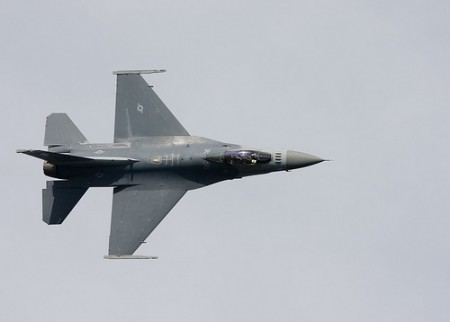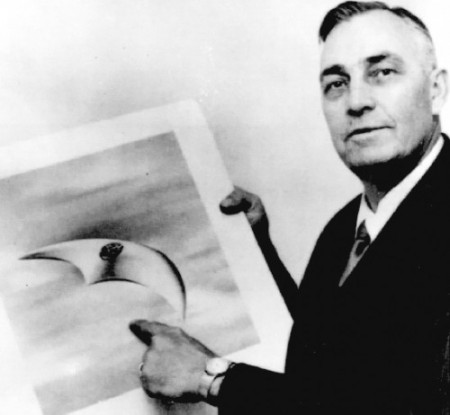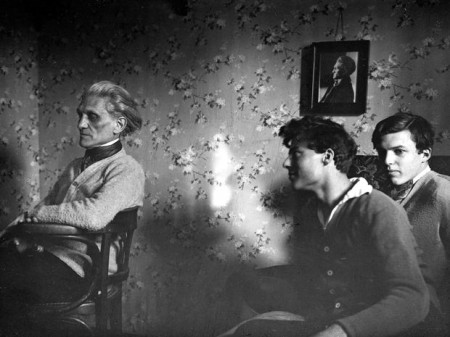
As the controversy surrounding Rolling Stone‘s profile of General Stanley McChrystal (and the comments of his staff) winds down, NYT columnist David Brooks offers up an interesting thought about soldiers, or really, anyone who is a subordinate: They complain.
And they’re human.
Venting is part of being human. And even though members of the military are held to a higher behavioral standard than a common employee, is it really that extraordinary that McChrystal and his aides had some not-too-flattering words for the US president and his administration?
From Brooks’ article:
“Military people are especially prone to these sorts of outbursts. In public, they pay lavish deference to civilian masters who issue orders from the comfort of home. Among themselves, they blow off steam, sometimes in the crudest possible terms.”
Now, as to the intelligence of the military folks who decided to blow off steam in front of a reporter (it seems that McChrystal was done in more by hearsay than anything else), that’s a whole other post.
But, do we hold members of the military up to too high a standard by expecting them to remain ‘strong and silent’? Shouldn’t they be allowed to kvetch, vent, gripe and do whatever they need to do (within reason) to let off steam?
Since, at least in the US, they volunteered to put their lives on the line for their country, shouldn’t they have the right to complain…even if it is about the commander-in-chief and his administration?
Another question: Does complaining about someone or something automatically equal a lack of respect for that someone or something?
Again, I think it was absolutely asinine, especially in the day-and-age of gotcha journalism for McChystal’s aides to repeat his words in front of a reporter, but if you’re in the type of high-pressure situations that military members find themselves in, perhaps kvetching is understandable.
Because even though they’re in the armed forces, they’re humans too.




